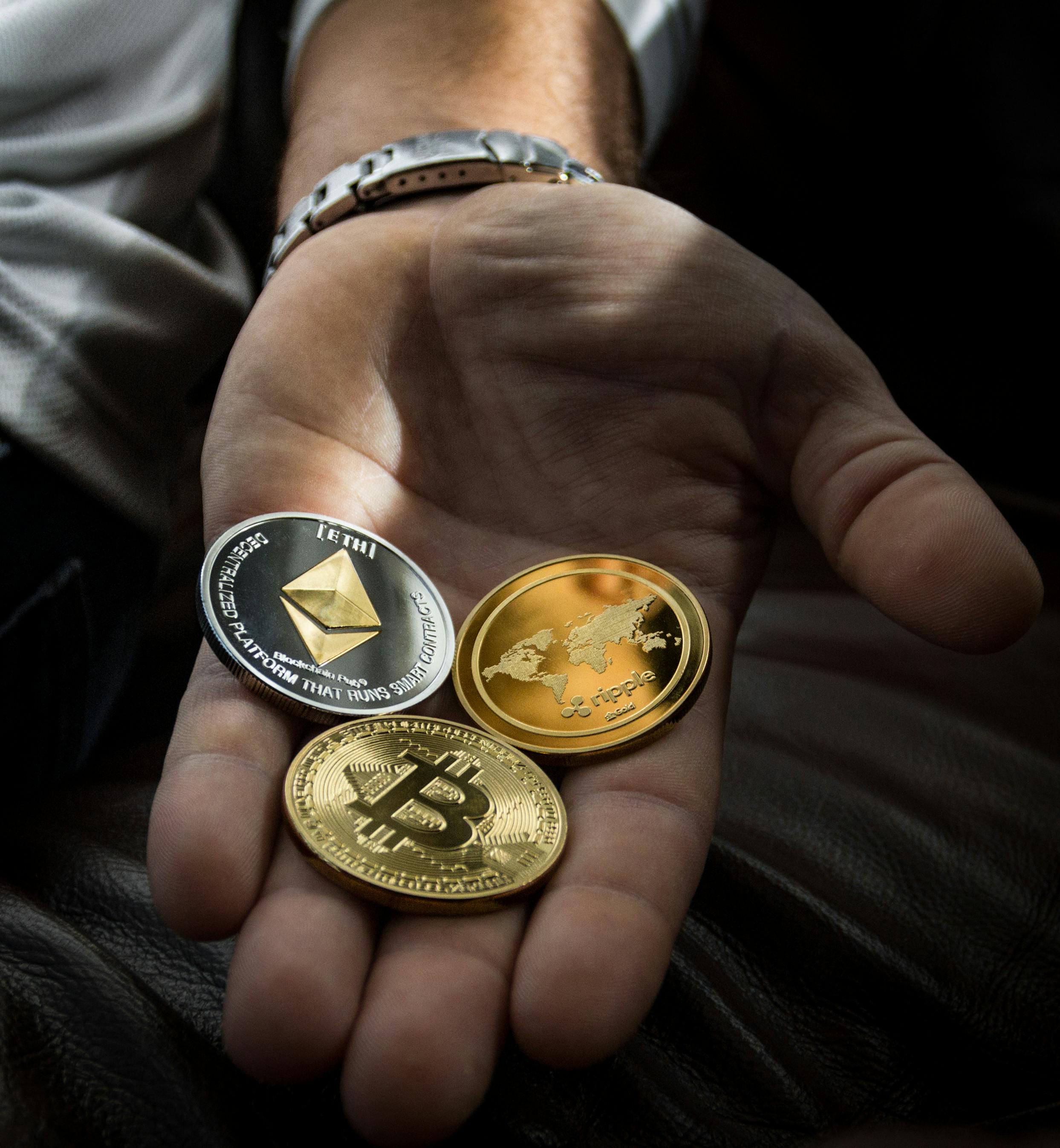Cryptocurrency’s reach now extends to the sport of hockey, bringing online finance brands closer to the boards. From jersey branding to fan engagement tech, crypto sponsorships are shifting how clubs and leagues manage innovation.
While blockchain platforms keep expanding transparency through sport, professional hockey has emerged as a rising center of attention. The move can be observed throughout North America, Europe and Asia, where teams employ crypto transactions to boost revenue and audience engagement. Although league-wide adoption at full scale continues to be the exception, individual teams are paving the way through selective digital collaborations.
Meanwhile, crypto trends, such as Pi Network price trends, have really attracted more attention from tech-savvy fans due to the blending of fintech and sporting branding.
Crypto Brands Enter the Rink
Over the past three seasons, several hockey teams have entered marketing partnerships with cryptocurrency-related platforms. These agreements go beyond standard advertising and include digital activations, merchandise tie-ins and co-branded promotions.
In the Swiss National League, clubs like HC Lugano have had cryptocurrency firms as kit patch partners or rink board sponsors. Germany’s DEL and Finland’s Liiga have also had tech-minded advertisers, from wallet firms to blockchain-based startups. These sponsorship deals really show clubs’ willingness to move into a new market space without radical changes to business as usual.
In the NHL, partnerships have primarily taken shape at the club level. The Washington Capitals previously announced a collaboration with NFT platform Sweet.io to distribute limited-edition collectibles, while the Montreal Canadiens explored similar digital drops. Although the league itself has yet to commit to a centralized crypto campaign, team-specific deals really show early signs of engagement.
Branding the Boards, Rather Than the Buildings
Cryptocurrency companies have really also aggressively sought naming rights in other sports, most prominently the rebranding of the Staples Center as the Crypto.com Arena in the NBA. But so far, a cryptocurrency company has rebranded no large hockey venue. This absence does not reflect a lack of interest but rather a more cautious or targeted approach within the hockey world, where team and league traditions often hold significant weight.
Instead, event-based or virtual branding has taken the form of banner insertions during telecasts or short-term naming rights for preseason events. European clubs, especially, have experimented with short-term digital branding initiatives linked to crypto giveaways, fintech education campaigns and app-based contests. These activations are marketing prototypes for large-scale activation without needing full-building rebranding, often fraught with complicated dealmaking and multiyear financial investment.
Besides screen-based digital signs, crypto entities have also introduced interactive events conducted in stadiums, such as QR-code activities relayed through jumbotrons or augmented reality challenges accessed through smartphones. In Sweden and Austria, crypto-related fintech has also added signage to playoff telecasts and online fan platforms, commonly through the use of banner rotators, mobile apps of the respective teams or live stream deals that include bonus content and special offers.
Digital Collectibles on Ice
Non-fungible tokens or NFTs have given fans and teams new ways to collect and sell moments. They can be everything from stylized versions of player cards to digitally verified snippets of highlight game video.
NHL, in collaboration with Sweet.io, has started publishing authorized NFT content in the form of limited-edition art and collectibles. This marks the efforts to attract crypto-first fans and fans already participating in cryptosystems. Although the adoption continues to be modest, the preliminary results indicate that the desire to own tamper-proof, on-chain hockey memorabilia is increasing consistently.
In other parts of the globe, the KHL and other junior leagues have tried NFT platforms as a money-generating tool and collector engagement program. In such cases, fans can purchase virtual items celebrating local icons, championship triumphs or classic club badges.
Global Leagues Adapting with Agility
European and Asian leagues have been more open to crypto partnership experimentation, especially in places with favorable regulatory climates. Club-based projects have arisen in Slovakia and Latvia around blockchain payment apps and virtual promotions.
Teams in the UK’s Elite Ice Hockey League (EIHL) have used crypto-sponsored giveaways and co-branded online campaigns to attract tech-focused audiences. While small in scale compared to North American operations, these programs highlight how clubs outside the major leagues use fintech as a growth lever.
Local sponsorship flexibility allows clubs to exist outside league-wide constraints. This flexibility has proved handy in attracting local fintech players who desire to build grassroots recognition.
The Technologically-Driven Future Ahead
While broad-based adoption does not yet exist, the blending of hockey and cryptocurrency continues to advance. Blockchain’s reach now transcends rink-side sponsorship to online fan engagement and monetization efforts.
Although most sponsorships are still team-focused and advertising-based, the foundation of further convergence is being laid. Blockchain-based ticketing trials have begun in minor leagues and exhibition matches, offering insights about user experience, authentication and preventing fraudulent activity. Clubs even consider using smart contracts to verify merchandise releases and season tickets.
Interest in data platforms, like the ones tracking Pi Network price action, reflects the sport’s increasing symbiosis with the crypto sphere. While these figures are not related directly to sponsorship, they reflect continued convergence between fan-based digital systems and financial tech.
As hockey adapts to evolving economic and entertainment models, crypto sponsors are skating steadily into the picture, less as disruptors and more as digital collaborators.


You must be logged in to post a comment.